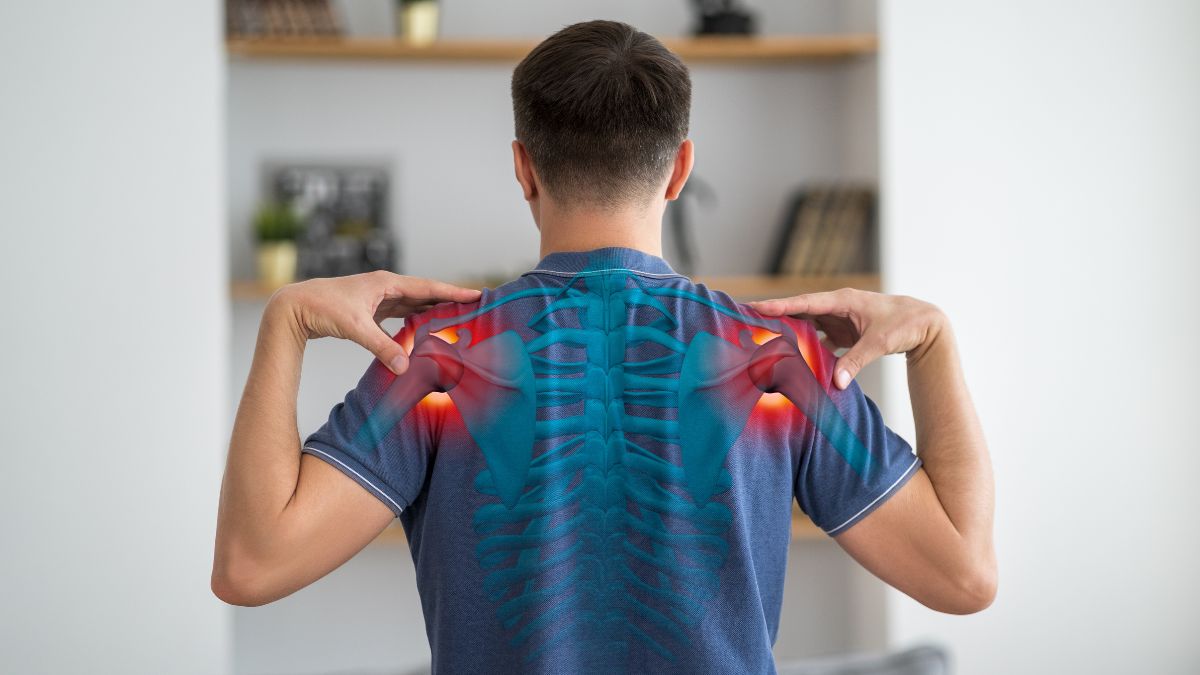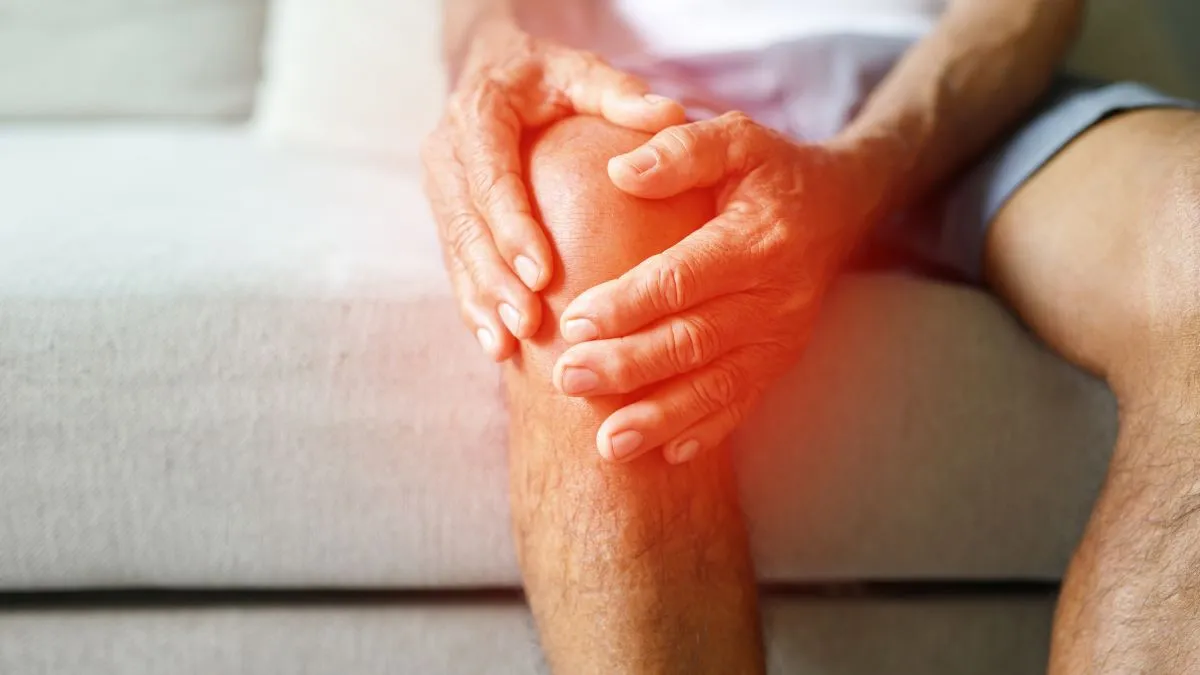- By Bornika Das
- Sat, 12 Jul 2025 08:03 PM (IST)
- Source:JND
Joint pain and arthritis are more than just physical ailments—they can drastically impact one’s quality of life, limiting movement, causing chronic discomfort and affecting emotional well-being. While conventional treatments such as NSAIDs and corticosteroids provide temporary relief, they often come with side effects and fail to address the root causes of the condition. This has led many patients to explore holistic approaches, with Ayurveda, India’s ancient system of medicine, gaining renewed attention for its natural and integrative healing methods. Both inflammatory and non-inflammatory factors can contribute to joint pain. Osteoarthritis is the most prevalent non-inflammatory arthritis, whereas rheumatoid arthritis is the most prevalent form of inflammatory arthritis. Daily activities are often difficult for those with arthritis.
Ayurveda views arthritis not as a single disease, but as a manifestation of deeper imbalances in the body’s doshas (Vata, Pitta, and Kapha). Through a personalised blend of therapies like Panchakarma detoxification, Basti (medicated enema), Jaloukavacharana (leech therapy), Agni Karma (therapeutic heat) and herbal formulations, Ayurvedic medicine aims to reduce inflammation, improve joint mobility, and restore balance from within. In conversation with The Daily Jagran, Dr Prapulla K, Professor - Dept of Panchakarma, SDM College of Ayurveda and Hospital, Hasan, shares clinical insights and therapeutic strategies in Ayurveda can cure joint pain and arthritis.
Ayurveda is a comprehensive approach that has shown significant benefits in treating joint pain, arthritis and improving quality of life through Panchakarma therapy since it removes the disease from the root rather than relieving the symptom.
ALSO READ: How Haemophilia Patients Suffer From Joint Bleeds: Know From A Doctor
Leech therapy, cauterisation and Arka Patra swedana are thought to be especially successful treatment options for acute joint pain.
Dr Prapulla K states, “Jaloukavacharana or leech therapy is advantageous because hyaluronidase and other active ingredients in leech saliva can reach deeper tissues and joint spaces, penetrate superficial blood vessels and reduce venous congestion.” Leech therapy may be a viable alternative to commonly used NSAIDs due to its anti-inflammatory, anticoagulant, anaesthetic, vasodilator, antimicrobial and antioxidant qualities.
The magical treatment known as Arka Patra Sweda (Sudation with Shallow Wort Leaves) works particularly well for acute joint pain. It uses the anti-inflammatory qualities of the latex of Arka leaves to rapidly relieve stiffness and swelling.

Ayurveda Cures Joint Pain And Arthritis (Image Credits: Canva)
Dr Prapulla K mentions, “Applying controlled heat to the afflicted area is known as Agni Karma (Therapeutic Heat). It acts by increasing blood circulation, eliminating metabolites that cause pain, lowering inflammation and speeding up the healing process.”
For musculoskeletal conditions, Basti (medicated enema) is thought to be the best course of treatment. Because it affects the gut microbiota, it lowers inflammation, facilitates the absorption of nutrients and improves joint mobility.
ALSO READ: Why Women Are More Prone To Osteoarthritis, RA As They Age? Know From An Expert
Parisheka or oil bath therapy, lubricates joints and provides deep nourishment to tissues in degenerative or non-inflammatory joint ailments.
According to scientific research, Panchakarma therapy, especially medicated enema, has been shown to significantly lower acute inflammatory markers like C-Reactive Protein (CRP) and Rheumatoid Factor (RF), modulate immune function, balance gut microbiota, reduce pain and improve joint lubrication and mobility. It also promotes excellent joint health and flexibility by reviving Shleshaka Kapha(lubricating material in joints). This illustrates how well it works to treat arthritis in both its acute and chronic phases.
